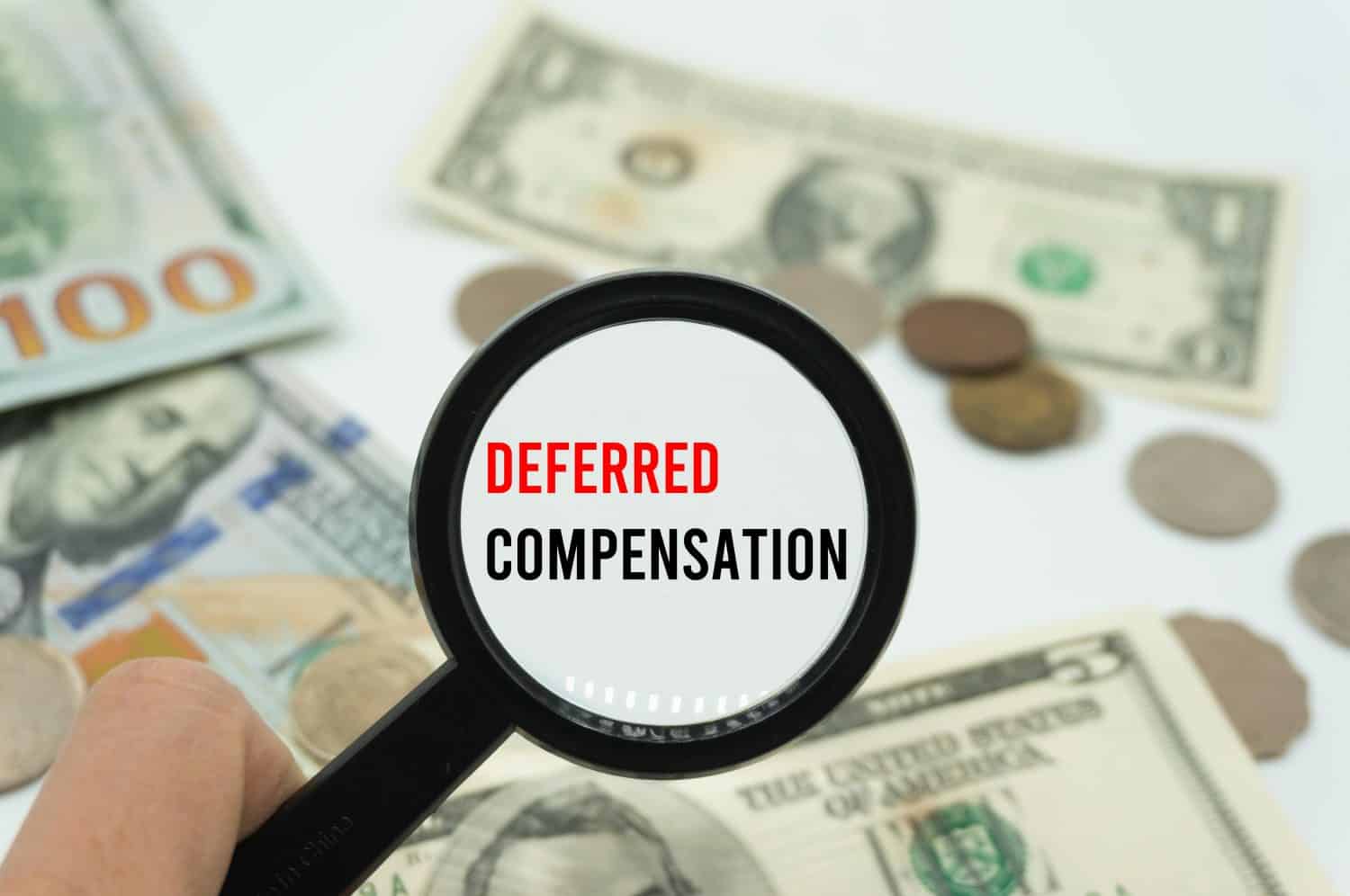Personal Finance
I'm 40 and have socked away $3 million in post-tax retirement accounts - should I put another $500k into a deferred compensation?

Published:

There are many prevailing theories about how much money to put away in a post-tax brokerage and have it ready for retirement. For many people, the amounts will vary based on income and savings, but the idea is to ensure you have enough to live a good life after you turn 65.
However, in the case of this one Redditor in r/ChubbyFIRE, the question isn’t just about how much to put away. Instead, we’re also looking at the potential to invest in a deferred compensation plan from his company. By doing so, he could see significantly more in return, provided the company stays in business for another 25+ years.
I love that this post raises an issue most people don’t consider with a deferred compensation plan: providing another method for investing and growing money.
Looking at this Redditor, we know they are a 40-year-old individual with around $3 million split between post-tax brokerage and retirement accounts. In addition, we know another $1 million in deferred comp is accessible at age 55.
Their home has around $1.5 million in equity. The projected spending for this year is around 4% of non-home assets, which translates to between $90,000 and $125,000, depending on whether or not the Redditor is including the deferred comp in the non-home assets.
Knowing these assets and that the Redditor appears to be in a mostly healthy financial situation, they ask if they should add another $500,000 to their deferred comp plan. They only want to do it for one more year, so this wouldn’t be ongoing. For this one year, their annual income would drop from $750,000 to $250,000 take-home. If they make this move, the company invests 85% of the deferred comp amount in equity and another 15% in bonds.
Let’s take this one step at a time with our recommendation, as I very much agree with one concern the Redditor quickly mentions. If they were to put another $500k in the deferred comp plan, they would have a total of $1.5 million in this plan, which seems like a lot.
It feels like a lot of money to tie into one place when you consider it’s one-third of the Redditor’s non-home assets. The challenge here is that we don’t know the company, so we don’t know whether it’s in a healthy financial position. We learn that it’s a 100-year-old business and is “fine,” but we’ve seen how quickly fine can go to bed over the last few years.
Even though the Redditor indicates that the “chance of bankruptcy seems low,” we have to assume he or she isn’t able to know specific company financials. The thing is, I don’t think it matters as it’s a lot of money to invest in a single place regardless.
Does the Redditor know what happens if they get laid off? If this were to happen, however unlikely, the deferred comp plan would be paid out. While the Redditor already indicates he’s in the highest tax bracket, it’s still a chunk of money to lose if it gets paid all at once.
What makes this even more concerning is that the Redditor’s window to withdraw this money isn’t for another 15 years. They also have to pull the money over 10 years, so the company has to survive and be healthy for another 25 years, at the very least.
With all the different ways this additional $500,000 could be invested, it’s hard to make a solid argument for deferred compensation. You could invest in the market, ETF, mutual fund, etc.
Personally, I wouldn’t feel comfortable having that much money invested in one company and banking on everything going swimmingly for the next 25 years. This is a lot to ask given the current market, high unemployment, and a new incoming presidential administration that could look to make adjustments to tax rates, and other mitigating factors.
Of course, the most important thing this person should do is contact a qualified financial advisor, something I am not, to get concrete answers on the next steps. This individual can help this Redditor navigate the often murky waters of potential tax implications depending on which choice they make.
If you’re one of the over 4 Million Americans set to retire this year, you may want to pay attention.
Finding a financial advisor who puts your interest first can be the difference between a rich retirement and barely getting by, and today it’s easier than ever. SmartAsset’s free tool matches you with up to three fiduciary financial advisors that serve your area in minutes. Each advisor has been carefully vetted, and must act in your best interests. Start your search now.
Don’t waste another minute; get started right here and help your retirement dreams become a retirement reality.
Thank you for reading! Have some feedback for us?
Contact the 24/7 Wall St. editorial team.